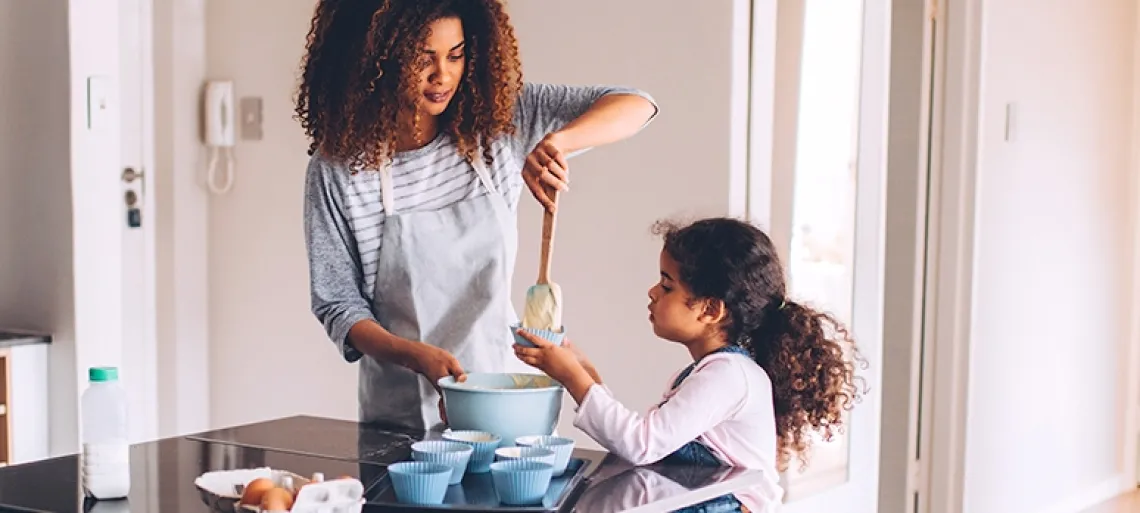‘Mom, I’m Bored’: What Learning Looks Like Outside the Classroom

A new reality has set in: work and school routines disrupted, families stuck at home, summer trips and camps canceled. The two months since the onset of the coronavirus pandemic have been difficult and even scary. However, these changes can also offer parents and children opportunity for exploration and self-assessment.
After reading all the articles, blogs, comments, and social media posts written with parenting advice in recent weeks, a question filled my mind: “As a parent, is keeping my kids entertained my responsibility?” The media places an amazing emphasis on ideas for activities to keep your children active.
This overload of ideas can make parents feel guilty for allowing children to get bored. Do not get me wrong: There is nothing bad about planning family entertainment or organizing different activities to build a sense of togetherness. However, parents also need to provide children the freedom of unstructured time.
Research suggests that children need twice as much unstructured time as structured play experiences. When adults do not control children’s play, kids are free to create their own rules and set their own limits, which sparks their creativity and imagination. Letting our children take responsibility for finding something fun or productive to do aids their cognitive, physical, and emotional development.
There was another common worry among parents in those readings. “My children are out of school – what they will learn?” This comment raises to light the differences between formal and informal learning, and the benefits of each approach.
Frequently, parents complain that today’s schools do not provide for their children’s learning styles. For many reasons, formal learning usually occurs in structured, inflexible environments. Summer programs often compensated for the need for less structured learning opportunities. However, even if camps open this year, the experience may be very different.
Informal learning, on the other hand, can also occur within routine interactions in a way that works better for your child’s needs and interests.
Your children can use days without planned activities to learn more of the skills and habits they will need to live their daily lives. These activities of daily living provide learning opportunities for all ages and stages. After all, schools do not teach these basic tasks, and your children will need the knowledge when they leave the nest.
Some ideas for informal learning include:
- Washing a car is a physical activity good for all kids. Teach the younger ones the names of the parts of the car, and explore ways to save water with the older ones. Demonstrate light maintenance jobs.
- Gardening promotes exploring nature, which is a relaxing experience for everyone. Point out the different types of plants and how animals use them for shelter and food. Observe the flowers changing, and discuss which ones attract bees or butterflies.
- Doing laundry requires sorting by colors and selecting appropriate wash and dry cycles. Teach your kids how to fold different pieces of clothing.
- Volunteering stimulates empathy. It can support your children’s socio-emotional development and let them experience how nice it feels to help others.
One final suggestion: During these out-of-the-ordinary times, do plan to stay emotionally healthy yourself. Slow your pace, be mindful of where you invest your energy, and nurture yourself and your family.

